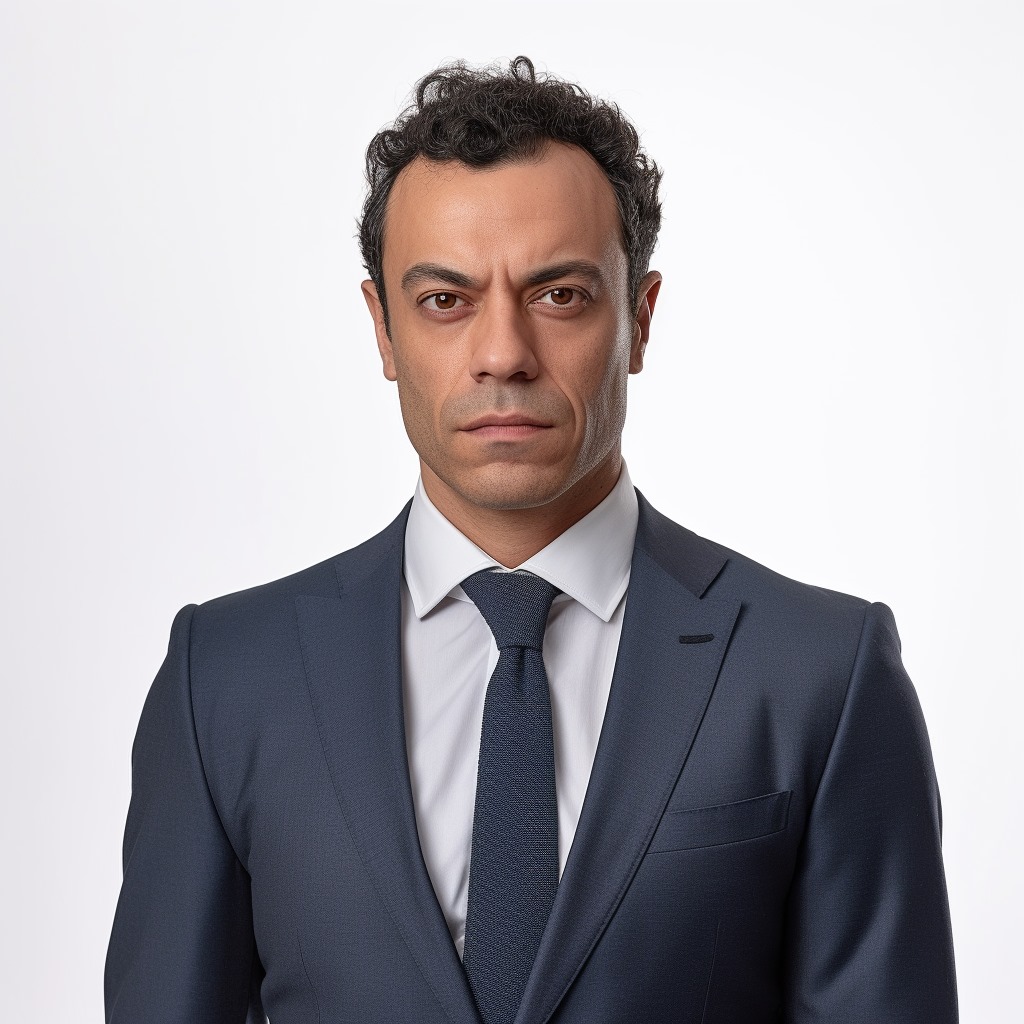Critical thinking is a multifaceted cognitive skill that
involves active, systematic, and objective analysis and evaluation of
information, ideas, situations, or problems. It is a structured thought process
that goes beyond surface-level thinking, encouraging individuals to delve
deeper into issues and make informed decisions. The components of critical
thinking help us break down this complex skill into its essential elements.
Here are the key components:
1. Observation:
Observation is the foundational component of critical
thinking. It involves the ability to gather information through careful and
objective examination of the situation, data, or evidence. Critical thinkers
pay attention to details, looking for facts, patterns, and nuances that may not
be immediately apparent.
2. Analysis:
Analysis is the process of breaking down complex information
into its constituent parts to understand its structure, relationships, and
implications. Critical thinkers dissect problems or ideas, identify their key
elements, and assess how these elements relate to each other.
3. Interpretation:
Interpretation involves making sense of the information
gathered through observation and analysis. Critical thinkers evaluate the
significance of the data and draw meaningful conclusions based on evidence and
logic. They consider the context and context's impact on the interpretation.
4. Inference:
Inference is the ability to draw logical and supported
conclusions based on available information. It requires critical thinkers to
synthesize their observations and interpretations to arrive at reasoned
judgments or hypotheses. These inferences are often used to inform
decision-making.
5. Explanation:
Explanation is the process of clearly and coherently
communicating one's thinking and reasoning to others. Critical thinkers can
articulate their thought processes, supporting their conclusions with evidence
and sound logic. Effective communication of explanations is vital for sharing
ideas and influencing others.
6. Evaluation:
Evaluation is the critical assessment of information,
arguments, or solutions to determine their quality, credibility, and validity.
Critical thinkers use established criteria to assess the strength and
weaknesses of various perspectives, solutions, or proposals.
7. Problem-Solving:
Problem-solving is a practical application of critical
thinking. Critical thinkers use their analytical and evaluative skills to
identify challenges, develop solutions, and implement them effectively. They
seek innovative and effective solutions to complex problems.
8. Decision-Making:
Decision-making is the process of choosing the best course
of action based on critical analysis, evaluation, and reasoning. Critical
thinkers consider various options, weigh their pros and cons, and make
well-informed decisions that align with their goals and values.
9. Creativity:
Critical thinking encourages creative thinking. While
critical thinkers rely on logic and evidence, they also explore imaginative and
innovative approaches to solving problems and generating new ideas. This
component fosters adaptability and out-of-the-box thinking.
10. Self-Reflection:
Self-reflection involves examining one's own thought
processes, biases, and assumptions. Critical thinkers are mindful of their own
cognitive tendencies and actively work to minimize biases and enhance their
objectivity. Self-reflection leads to continuous improvement in critical
thinking skills.
11. Intellectual Humility:
Intellectual humility is the recognition that one's
knowledge and understanding are limited, and there is always room for growth
and learning. Critical thinkers remain open to new information and are willing
to revise their beliefs and conclusions in the face of compelling evidence.
12. Metacognition:
Metacognition refers to thinking about one's thinking.
Critical thinkers are aware of their thought processes, monitor their thinking
for errors or biases, and actively employ strategies to enhance the quality of
their thinking and decision-making.
By understanding and developing these components of critical
thinking, individuals can sharpen their analytical abilities, make more
informed decisions, solve complex problems, and engage in thoughtful and
constructive dialogue with others. Critical thinking is a valuable skill that
can be cultivated and applied across various aspects of life, from academia and
professional settings to personal growth and decision-making.
